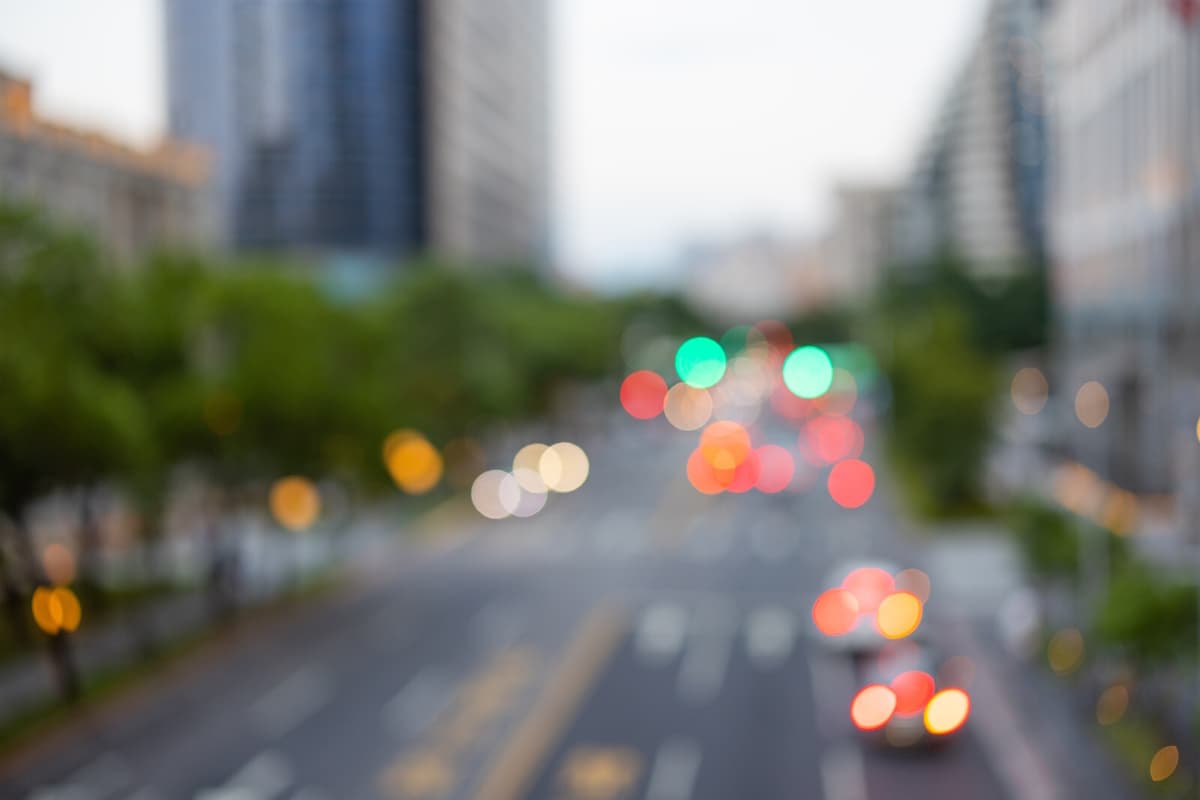Alfred Nobel (born 1833 in Stockholm, died 1896 in San Remo, Italy) is Sweden's most famous inventor and industrial leader. His most important invention was dynamite, which he patented in 1867.
Alfred Nobel left behind a large fortune, and in his will, he stated that the majority of his fortune should form a fund, where the returns would go to prizes for those "who during the preceding year have conferred the greatest benefit to mankind".
Nobel wanted prizes to be awarded in five categories: physics, chemistry, physiology or medicine, literature, and peace.
The first prize ceremony took place in 1901.
Much later, the economics prize, or "prize in economic science in memory of Alfred Nobel", was established. The prize was established by the Swedish Riksbank and was awarded for the first time in 1969.
No more than three people can share each prize.
The prize ceremony takes place on Alfred Nobel's death anniversary, December 10. The Nobel Prize is awarded in Stockholm and Oslo (peace prize).
Sources: NE and nobelprize.org
Physiology/Medicine: Monday, October 7, earliest at 11:30 am
Physics: Tuesday, October 8, earliest at 11:45 am
Chemistry: Wednesday, October 9, earliest at 11:45 am
Literature: Thursday, October 10, earliest at 1:00 pm
Peace Prize: Friday, October 11, at 11:00 am
The prize in economic science in memory of Alfred Nobel: Monday, October 14, earliest at 11:45 am
Source: nobelprize.org
Nobel Prize in Physiology/Medicine: Katalin Karikó and Drew Weissman
Nobel Prize in Physics: Anne L’Huillier, Pierre Agostini, and Ferenc Krausz
Nobel Prize in Chemistry: Aleksej Jekimov, Louis Brus, and Moungi Bawendi
Nobel Prize in Literature: Jon Fosse
Nobel Peace Prize: Narges Mohammadi
The Swedish Central Bank's economics prize in memory of Alfred Nobel: Claudia Goldin
The Nobel laureates in physics and chemistry, as well as the recipients of the Swedish Central Bank's economics prize in memory of Alfred Nobel, are selected by the Royal Swedish Academy of Sciences.
The medicine laureates are selected by the Nobel Assembly at Karolinska Institutet, and the Swedish Academy decides who will receive the literature prize.
At all these institutions, there are special Nobel committees that conduct extensive investigations each year on a selection of nominated candidates. The nominations come from specially designated individuals, such as researchers, previous laureates, and academy members. The committees present a proposal to the respective prize-awarding institution, which then votes on the year's laureates.
Regarding the peace prize, the Norwegian Parliament appoints the members of the Norwegian Nobel Committee, which is responsible for both the investigation and the prize decision.
Source: Nobel Foundation
Prize amount: Last year, the amount was increased to eleven million kronor per category. Between 2020 and 2022, the amount was ten million kronor.
Number of prizes and laureates: As of 2023, 621 Nobel and economics prizes have been awarded to 1,000 individuals/organizations. Some have received the prize two or three times, which means that the number of individuals is 965 and the number of organizations is 27.
The female minority: Of all Nobel and economics prizes awarded, 65 have been awarded to women. Marie Curie received two Nobel Prizes (physics 1903 and chemistry 1911), so the number of female laureates is 64.
Double win: In addition to Marie Curie, four people have received the Nobel Prize twice. The most recent was in 2022, when Barry Sharpless received his second Nobel Prize in chemistry. He received his first Nobel Prize in 2001.
One organization, the UN Refugee Agency UNHCR, has received the Nobel Prize twice. UNHCR received the peace prize in 1954 and 1981.
Triple win: The International Committee of the Red Cross is the only organization to have received the Nobel Prize three times. It received the peace prize in 1917, 1944, and 1963.
Youngest and oldest: The youngest laureate was 17 years old, and the oldest was 97 years old. These were Malala Yousafzai (born 1997) who received the peace prize in 2014, and John B Goodenough (born 1922) who received the chemistry prize in 2019.
Source: nobelprize.org
Alfred Bernhard Nobel was born in Stockholm on October 21, 1833, and moved to Russia as a child with his family. There, he received private tutoring and learned to speak Russian, French, English, and German in addition to Swedish.
He made study trips to, among other places, Paris, where his interest in the newly developed nitroglycerin was sparked.
Nobel returned to Stockholm and continued experimenting with explosive technology using nitroglycerin together with his father and brother Emil. In 1864, a violent explosion occurred in the laboratory, and five people, including Emil, died.
Alfred continued to experiment to find safer methods for handling nitroglycerin and eventually discovered that the explosive chemical could be absorbed by silica gel. The mixture was then formed into sticks, and the detonator did not explode until it was ignited with the help of a fuse – a product that Nobel came to call dynamite.
The invention made him very wealthy. He bequeathed the majority of his fortune to a fund, whose returns would go to prizes in five categories: physics, chemistry, physiology or medicine, peace, and literature.
Alfred Nobel died in his villa in San Remo, Italy, on December 10, 1896.
He never married and had no children.
Source: National Encyclopedia, nobelprize.org






